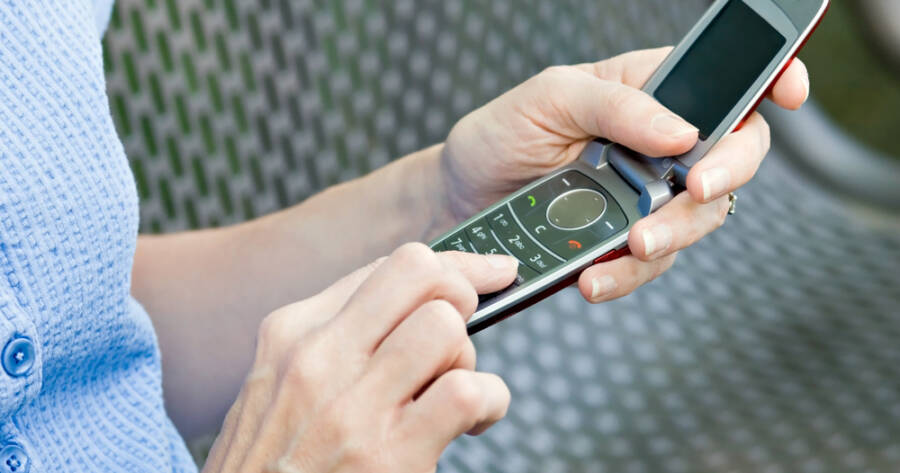The resurgence of flip phones reflects a shift towards digital simplicity amidst growing concerns about smartphones’ impact on mental health. This movement, embraced by Millennials and Gen Z, promotes reduced screen time and enhanced real-world presence, fostering improved mental well-being. As digital minimalism gains traction, the tangible benefits of simpler devices become increasingly appealing.
Returning to Flip Phones: A Shift Toward Simplicity
The increasing move back to flip phones and dumb devices is driven by a growing awareness of smartphones’ negative effects on mental health. Many users are seeking ways to disconnect from the digital overload that comes with constant social media updates and internet notifications, which often lead to stress and anxiety. This shift is part of a larger cultural trend toward digital minimalism and intentional use of technology. By reducing screen time, individuals can alleviate symptoms of depression and anxiety, thus regaining a sense of control over their digital lives through the choice of more straightforward devices.
Impact on Mental Health and Relationships
Switching to dumbphones can significantly boost mental well-being and personal relationships. These devices promote presence in the real world by cutting out constant digital distractions that impact social engagement. With fewer distractions, interpersonal connections can thrive, as users become more engaged and productive in their daily interactions. The lack of constant connectivity not only reduces digital noise but also helps individuals redefine how they engage with technology, opting for purpose-driven use.
The Growing Popularity Among Millennials and Gen Z
There is a noticeable increase in flip phone popularity among younger generations, including Millennials and Gen Z. This demographic shift represents a market revival for these simpler devices. The interest is partly due to technology-related concerns, given that people in this age group often spend over seven hours a day on screens. Many are turning to dumbphones to combat technology addiction and the detachment that accompanies chronic smartphone use. The spike in sales of these gadgets, as reported by manufacturers like HMD Global in recent years, underscores a desire for simpler, less-invasive technology.
Benefits of Flip Phones for Mental and Physical Health
Flip phones present various benefits for mental and physical health. By limiting the exposure to blue light and reducing screen time, these devices can enhance sleep quality and general well-being. Additionally, they contribute to improved self-image among young users by minimizing exposure to social media pressures related to physical appearance, such as filtered selfies and enhanced photos that smartphones promote. The drastic reduction in digital distractions helps alleviate mental fatigue and supports healthier routines that enhance sleep schedules.
Simplifying Digital Life
The trend of adopting dumbphones is a significant cultural shift, reflecting a need for real-life experiences over digital engagement. Communities such as the subreddit r/dumbphones show increasing support for individuals looking to balance their digital presence. Although there are some challenges to adapting to these devices, the trade-offs of mental clarity, privacy, and autonomy are highly valued. Many users find these benefits outweigh the inconvenience of lacking smartphone apps and navigation features that smartphones offer.
Why You Should Learn More About the Shift to Simplified Devices Today
Considering the rising trend of returning to flip phones for mental health benefits, more and more individuals are finding peace in digital minimalism. These devices provide a route to detox from information overload, foster meaningful relationships, and achieve a healthier lifestyle by reducing screen time. As more people recognize the adverse effects of smartphone dependency, the adoption of dumbphones becomes a logical choice for a balanced, less intrusive technology experience. Taking time to understand the impact of technology on mental health can help many align device usage with personal goals and well-being.

